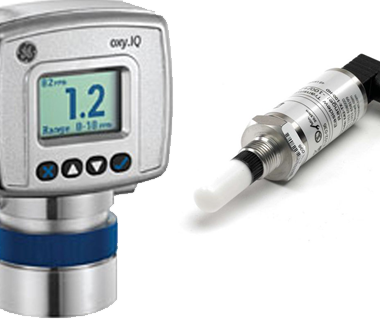Environment, Health and Safety Manual – Chapter 06.02: Clinical Safety – Electromagnetic Interference
Title
Environment, Health and Safety Manual – Chapter 06.02: Clinical Safety – Electromagnetic Interference
Introduction
The purpose of this policy is to provide reasonable and appropriate policies and procedures for safe use of cellular telephones and other wireless communication devices. This policy addresses the potential risk of electromagnetic interference to medical equipment, the safe use of cellular telephones while driving a motor vehicle, and prohibits the use of camera telephones, PDAs or Blackberries within UNC Health Care for the purpose of taking pictures of patients in violation of HIPAA regulations.
Policy
Employee, Faculty, Students, and Staff
The use of WCDs by employees, faculty, students and staff in occupied patient rooms shall be limited as much as practical. Individuals using WCDs will be trained regarding the potential for EMI from the use of these devices. In areas where patients are dependent on life-support equipment, as in all Critical Care and Step-Down units, the Emergency Department, the Operating Rooms and Procedure areas, PACU, Labor and Delivery, Dialysis, McLendon Laboratories, all Radiology areas including Imaging Suites, MRI, CT, Nuclear Medicine and Linear Accelerators, Cardiac Catheterization, EKG, EEG, and the CNP Sleep Laboratories the use of WCDs are to be restricted as much as possible. The following guidelines, listed in order of preferred compliance, shall be adhered to if at all possible in patient sensitive areas:
- Individuals are to leave the patient sensitive area prior to using the WCD. Interference created by radio frequency devices is minimized as the distance between the radio frequency device and the affected equipment is increased.
- WCDs shall be at least 3 feet from any energized medical equipment in areas designated above.
Equipment Malfunctions
If any equipment in the vicinity of the WCD user should malfunction while the WCD is in use, use of the WCD is to be terminated immediately and the malfunction reported to the supervisor in charge of the area for follow-up with Risk Management regardless of whether any injury to a patient has occurred. Any incidents involving suspected EMI with patient equipment shall be reported immediately to Risk Management to coordinate the investigation into the incident. As required under the Safe Medical Device Act (SMDA), all MedWatch reports will be filed following review by Risk Management. Any further transmission shall be conducted from a non-patient sensitive area.
Warnings
Warnings associated with the use of WCDs will be posted at appropriate locations. All employees will be made aware of the dangers associated with EMI and will be responsible for notifying any patients or visitors who may be seen in violation of this policy. If an employee sees anyone using a WCD in an inappropriate location, the person shall be asked to stop using the WCD immediately and the individual counseled on appropriate use.
Pre-Purchase Equipment Review
The Department Manager or Departmental Safety Coordinator shall review all equipment prior to purchase for issues relating to EMI. Vendors must supply radio frequency interference susceptibility information and electromagnetic compatibility test data during the prepurchase review. UNC Health Care shall make every effort to purchase only patient care equipment that conforms to electromagnetic compatibility standards. All requests to purchase WCDs, including cordless phones, shall be reviewed by the applicable communications department prior to purchase.
Construction and Renovation Projects
Facility construction and renovation projects shall be reviewed for the potential impact the design may have on device compatibility. If possible, patient care areas should not be located close to busy public areas such as waiting rooms, loading docks, or driveways, where citizen band radios, cellular phones, and emergency medical service (EMS) communication equipment are likely to be found.
Personal Use
Excessive personal calls during the workday, whether by personal cellular phone, office or house phone, can interfere with the effective delivery of patient care, personal work productivity, and create a distraction for others. Discretion must be used in receiving personal calls on cellular telephones during work hours. Calls should be limited to non-work time whenever possible.
UNC Health Care-Issued Cell Phones
Employees may be issued a cellular telephone, mobile pager, or other wireless communication device by UNC Health Care at the discretion of the department head. Reasonable safeguarding from loss, damage, or theft is expected for issued equipment. Upon separation from employment with UNC Health Care, employees must return the equipment in good working condition or assume the cost of replacement.
Camera Phones, PDA, and BlackBerries
The use of camera phones, personal digital assistants (PDAs) or BlackBerries for the purpose of taking pictures of patients for non-clinical purposes is strictly prohibited except as provided in policy P-13, Photographs and Motion Pictures, located in the UNC Health Care Administrative Policies Manual.
Contact Information
Policy Contact
Environment, Health and Safety
1120 Estes Drive
Campus Box #1650
Chapel Hill, NC 27599-1650
Phone: 919-962-5507
Proceed to Chapter 06.03 – Glutaraldehyde Control





